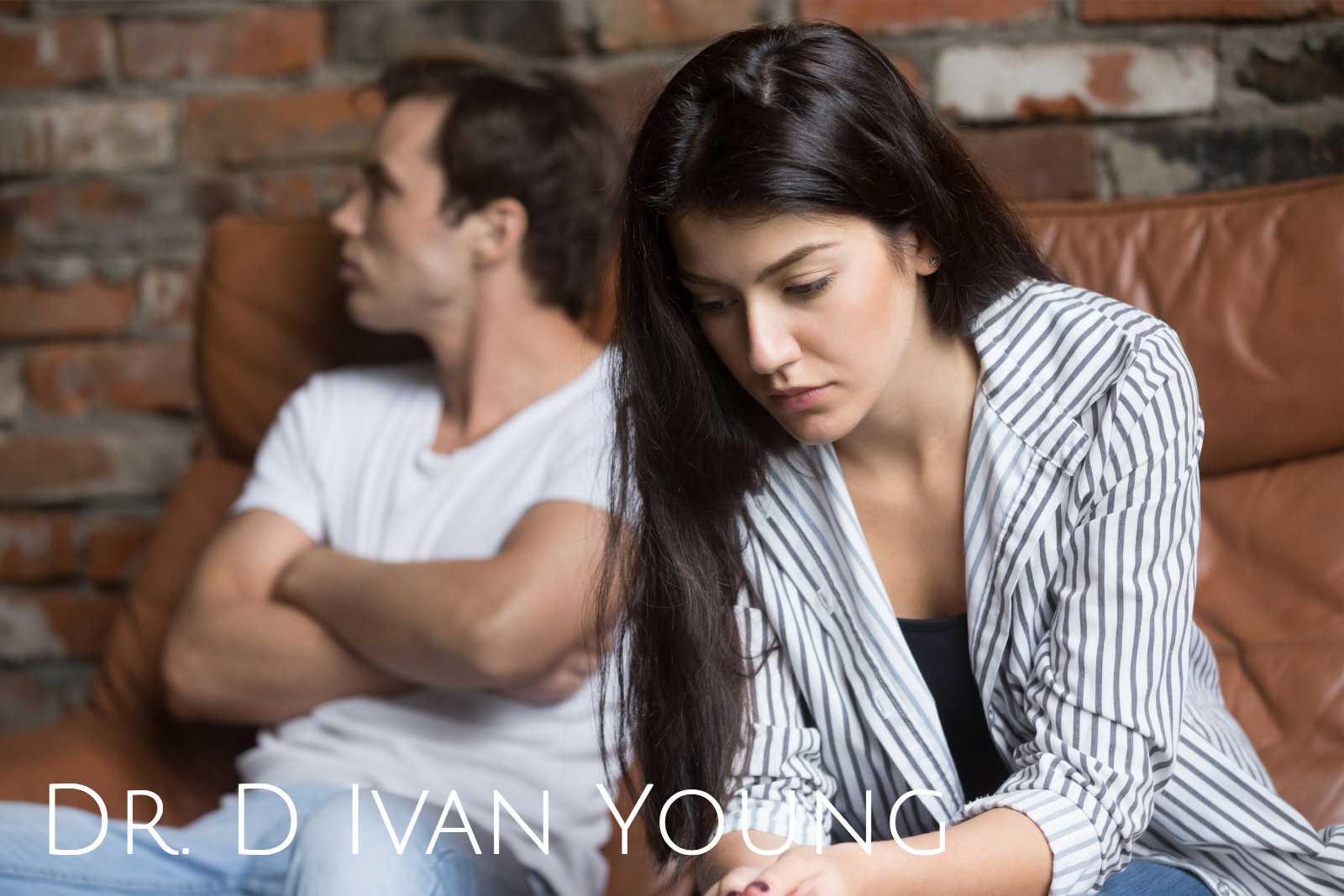Although you might not think it’s possible right now, there is life after divorce. Accepting divorce gives you the autonomy you need to take control of your life. This is not the beginning of the end, it’s an opportunity for a new beginning.
The United States has the 6th highest divorce rate in the world; sadly, in 2019 the National Center for Health Statistics reported that almost 50 percent of all marriages in the United States will end in divorce or separation. The leading reasons couples choose to end their marriages include infidelity, money problems, lack of communication, lack of intimacy, weight gain, constant arguing, and unrealistic expectations.
A divorce is a difficult process for anybody to go through. It’s assumed that marriage is an event that changes a person’s life for the better. The greater truth is that leaving a dysfunctional marriage can be an even bigger blessing. Leaving a crippling relationship allows you to get more clarity about yourself. Untangling the legal and financial issues associated with divorce can transform a stressful situation into a point of clarity. Left unchecked the emotional fallout from divorce may continue for years, but it doesn’t have to be that way. The facts are your emotions can run the gamut from depression and withdrawal to anger and aggression, but the greater truth is there is an upside. Getting the right support and shedding your emotional dead weight can position you to create a life the life after divorce you’ve always deserved.
Moving forward
Once you’ve accepted that your marriage is over, the healing begins. Your life is changed forever. Now, what do you do? How do you get from where the divorce has left you, emotionally, to where you want to be in life? The answer is simple, find an ICF credentialed life coach. Partnering with a qualified coach is the first step in getting clarity. The second is making up your mind that failure is NOT an option.
Coping with life after a divorce necessitates that you recognize and accept that it’s going to take time and effort to heal. The negative feelings of confusion, anger, betrayal, frustration, sadness aren’t going to disappear overnight. Grieving over the loss of a personal relationship is a natural part of the process. Devote the time you need to reflect, grieve, and heal. Step by step you can rebuild a happy, healthy life after divorce for yourself provided that you spend your more time living in your present than in the past.
Some of the things you can do to help you cope with life after divorce:
- Maintain a positive, healthy attitude.
- Don’t try and go it alone. Remember, your friends and family are there to provide emotional support. You can also seek professional help or join a support group to share stories with others. Isolation isn’t the answer. It can lead to negative behavior such as alcohol and substance abuse.
- Healthy eating and exercise, which leads to reduced stress.
- Start engaging in social activities and interests you’ve always enjoyed, and find some new things to explore – take a class, volunteer, visit someplace new, start a new hobby.
- When you think you’re ready, try dating again, but be sure NOT to rush into it.
- Work to resolve any negative or toxic feelings you have towards your ex-spouse and your former relationship – they can weigh you down as you try to rebuild your life after divorce.
Dealing with financial stresses
The financial hardships generated by divorce can add to the emotional stress for both spouses. Legal bills have to be paid. Shared assets have to be liquidated, usually for a fraction of their value. And then there’s child support and alimony payments, with monthly amounts that can make it difficult for either spouse to maintain their previous standard of living. Non-working women and mothers are hit the hardest, but it doesn’t have to end that way. “This typically happens when women act emotionally and not rationally. You must fight for what you are entitled to from the marriage,” says relationship and behavioral expert Dr. D Ivan Young. But the good news is that you can finally embrace the career you’ve always dreamed of. There are many high five-figure and low six-figure jobs that only require a two-year certification program.
So life after divorce will likely include financial and emotional challenges, but only for a season. Finding healthy ways to cope with this stress, just as an exercise program, practicing meditation, and pursuing a career can significantly relieve much of this stress.
Helping children cope with life after divorce
You have to set an example for your children. Having a positive post-divorce attitude not only helps you cope with life after divorce, but it also helps your children. It’s especially important for you to be the “adult” at this time. Despite the conflicts and bad feelings that may exist between you and your ex-spouse, always remember that they are the mother or father of your children. Bad behavior can have long term effects on the emotional health of your children. Don’t bad mouth your ex-spouse in front of the kids, don’t force them to take sides, don’t use your children to communicate with your ex-spouse, and refrain from sharing any accusations about your ex-spouse.
Seek Help to Improve Life after Divorce
Learning to cope with the challenges of life after divorce can make you a stronger, more confident person. If you have just been through a difficult divorce, an accredited life coach can provide you with the tools you need to not only cope with life after a divorce but to achieve your highest potential possible in life.
Although it may seem like a difficult task finding the right life coach, especially one that is dedicated and experienced, is worth the research. Contact a doctor to learn more about how to effectively deal with the problems life throws at us.

